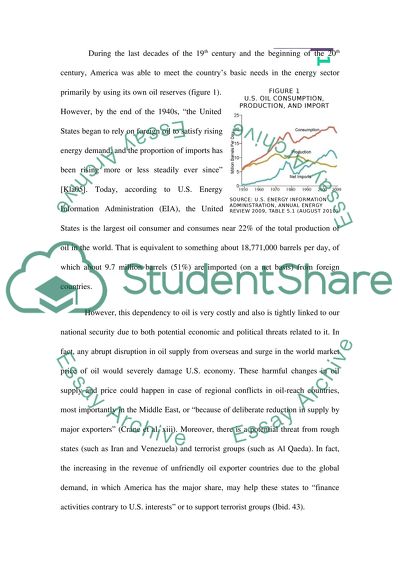Cite this document
(“Policies to Address the problem of U.S. oil dependency Research Paper”, n.d.)
Retrieved from https://studentshare.org/family-consumer-science/1415402-america-s-dependence-on-imported-oil
Retrieved from https://studentshare.org/family-consumer-science/1415402-america-s-dependence-on-imported-oil
(Policies to Address the Problem of U.S. Oil Dependency Research Paper)
https://studentshare.org/family-consumer-science/1415402-america-s-dependence-on-imported-oil.
https://studentshare.org/family-consumer-science/1415402-america-s-dependence-on-imported-oil.
“Policies to Address the Problem of U.S. Oil Dependency Research Paper”, n.d. https://studentshare.org/family-consumer-science/1415402-america-s-dependence-on-imported-oil.


